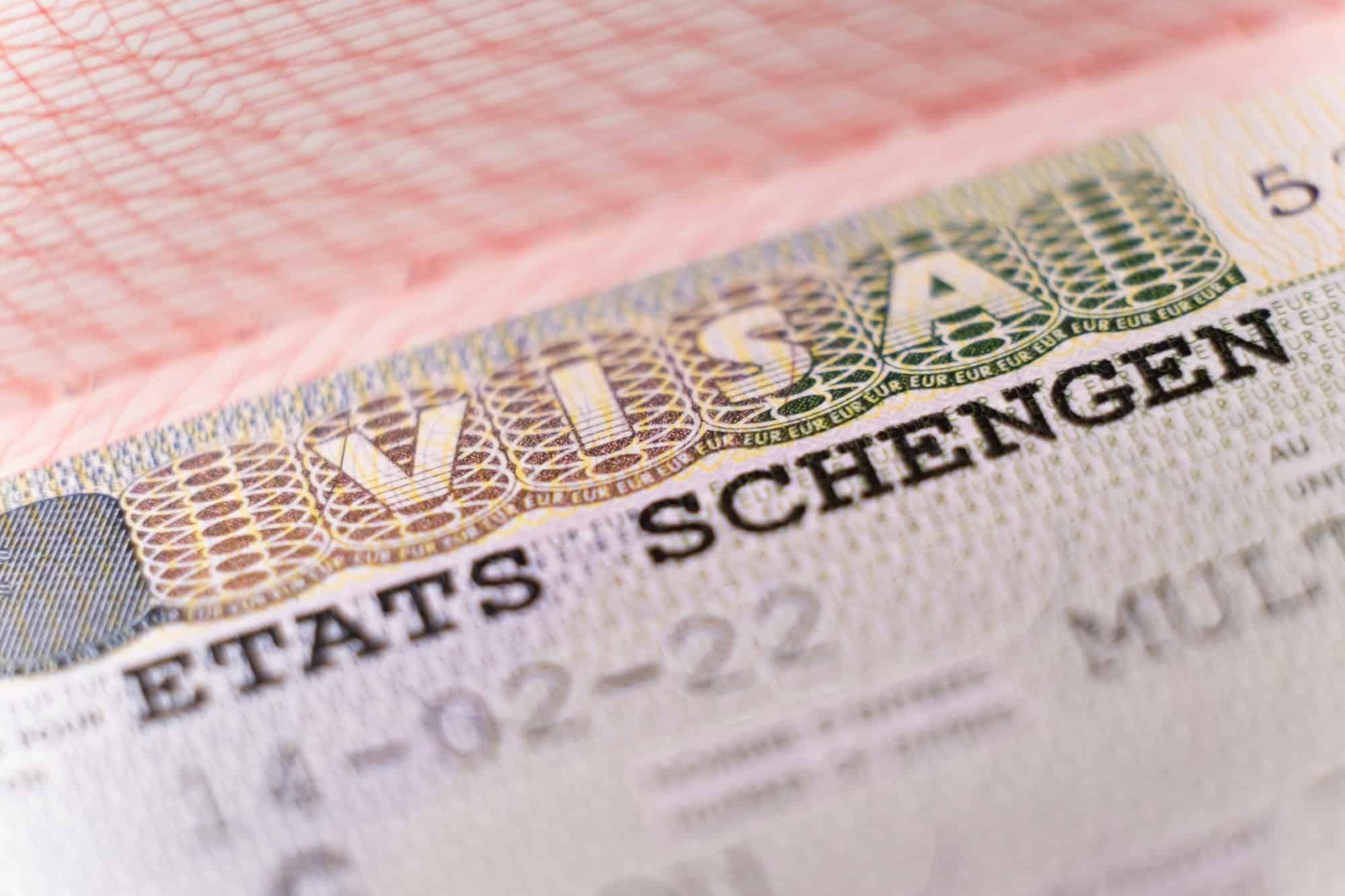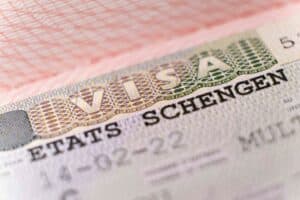
If you’re considering investing in the Malta Golden Visa, it’s crucial to understand both the benefits and risks involved. While the Malta Golden Visa offers a pathway to European residency and citizenship, there are important considerations that every investor should be aware of.
This article will explore the advantages of obtaining a Malta Golden Visa and the potential risks associated with this investment. Let’s dive in to discover what you need to know!
Benefits Of Investing In A Malta Golden Visa
The Malta Golden Visa program offers many benefits for individuals looking to invest in the country. One major advantage is obtaining residency and, eventually, citizenship in an EU member state. This means visa-free travel within the Schengen Area, which includes 26 European countries.
Another benefit of investing in a Malta Golden Visa is access to a stable economy with strong growth potential. The country’s strategic location makes it an attractive destination for business and investment opportunities. Additionally, Malta boasts a favourable tax regime, making it particularly appealing for high-net-worth individuals seeking tax optimisation strategies.
Investing in real estate through the Malta Golden Visa program also provides potential rental income and capital appreciation. The property market in Malta has been steadily growing, offering investors promising returns on their investments.
Furthermore, obtaining a Malta Golden Visa lets you and your family enjoy world-class healthcare and education. With top-notch medical facilities and renowned educational institutions, you can ensure your loved ones receive excellent care and access quality education options.
Tip: Considering all aspects before making investment decisions or applying for the program is important.
Risks Associated With A Malta Golden Visa
Investing in a Malta Golden Visa can offer numerous benefits, but it’s essential to understand the potential risks involved. It’s important to weigh these risks against the advantages before making any decisions.
One of the significant risks associated with a Malta Golden Visa is the possibility of changes in legislation or government policies. Governments have the power to amend visa programs, and this could impact your eligibility or investment requirements. Staying informed about potential changes and seeking professional advice can help mitigate this risk.
Another risk is that investing in real estate for a golden visa may not guarantee substantial returns on investment. The property market can be unpredictable, and factors such as economic fluctuations or oversupply could affect rental yields or property values.
Additionally, financial risks may be involved when investing in a Malta Golden Visa. It’s crucial to carefully consider your financial situation and ensure you have sufficient funds for the initial investment and ongoing expenses related to maintaining residency status.
Furthermore, obtaining a Malta Golden Visa does not automatically guarantee citizenship or permanent residency rights beyond the specified timeframe. Understanding the limitations and conditions of the visa program before committing significant resources is essential.
Like any investment opportunity, inherent risks are always involved due to external factors beyond one’s control. Economic downturns, political instability, or unforeseen events could impact your investment outcomes.
By thoroughly researching all aspects of acquiring a Malta Golden Visa and seeking professional guidance, you can minimise these risks while enjoying its potential rewards.
Legal Requirements For Obtaining A Malta Golden Visa
Certain legal requirements need to be fulfilled to obtain a Malta Golden Visa. Applicants must be at least 18 years and possess a clean criminal record. This ensures that only individuals of good character are granted the visa.
Additionally, applicants must invest in Malta. The minimum investment amount varies depending on the chosen route – either through purchasing property or contributing to the National Development and Social Fund (NDSF). It is important to consider which option suits your circumstances best carefully.
Furthermore, proof of financial means is required. Applicants must demonstrate that they have sufficient funds to support themselves and their dependents during their stay in Malta.
Another crucial requirement is health insurance coverage. Applicants should provide evidence of valid health insurance to ensure they can access medical services if needed.
It is essential to engage the services of an authorised agent who will guide you through the application process and ensure compliance with all legal requirements. Meeting these legal prerequisites increases your chances of obtaining a successful Malta Golden Visa application.
Tax Implications of the Malta Golden Visa
Investing in a Malta Golden Visa can have several tax implications that applicants should be aware of. One of the main advantages is that the country offers a favourable tax system for individuals who obtain residency through the program.
Malta operates on a remittance basis, meaning that individuals are only taxed on income and capital gains earned within the country’s borders. This can be particularly beneficial for high-net-worth individuals seeking to minimise global tax liability.
Furthermore, Malta has no wealth or inheritance tax, making it an attractive destination for wealth preservation and succession planning. However, it’s important to note that if you become a permanent resident of Malta and spend more than 183 days per year in the country, you may be subject to worldwide taxation.
Additionally, while holding a Maltese residence permit does not automatically grant citizenship or passport rights, it does provide access to certain EU benefits, such as visa-free travel within Schengen countries.
It is crucial to consult with a professional tax advisor specialising in international taxation before making investment decisions regarding the Malta Golden Visa. They will be able to guide you through the intricacies of the Maltese tax system and ensure compliance with all relevant regulations.
Before making any commitments, understanding the potential tax implications of obtaining a Malta Golden Visa is essential. By seeking expert advice and considering your financial situation carefully, you can navigate these complexities effectively while enjoying this program’s numerous benefits.
How Can You Protect Yourself When Investing in a Malta Golden Visa?
Protecting yourself and your investment is important when investing in a Malta Golden Visa.
Here are some strategies that can help safeguard your interests.
1. Thoroughly research the program: Before making any financial commitment, conduct extensive research on the Malta Golden Visa program. Understand its requirements, benefits, and potential risks. Familiarise yourself with the application process and consult reputable sources for accurate information.
2. Seek professional advice: Engaging an experienced immigration lawyer or consultant specialising in investment migration is crucial. They can guide you through the complexities of the program, ensuring compliance with all legal requirements and helping you make informed decisions.
3. Due diligence on investments: Carefully evaluate investment opportunities associated with the Malta Golden Visa program. Conduct thorough due diligence on projects or properties before committing funds. Verify their legitimacy, track record, financial stability, and potential return on investment.
4. Diversify your portfolio: It’s wise not to put all your eggs in one basket when investing in a Malta Golden Visa property or project. Consider diversifying your portfolio by allocating investments across different sectors or locations to mitigate potential risks.
5. Monitor legislative changes: Stay updated with any changes or amendments to Maltese immigration laws that may impact the validity of your visa or future eligibility criteria for permanent residency/citizenship applications.
6. Stay financially secure: Maintain sufficient liquidity and financial reserves to cover unforeseen expenses during the investment period, such as unexpected market fluctuations or delays in project completion. This will provide added security and protect against potential losses
7. Protect against scams: Beware of fraudulent schemes offering guaranteed visas or unrealistic investment returns. Be cautious when dealing with unfamiliar individuals or entities, and verify their credentials before entering into any agreements
Conclusion
Investing in a Malta Golden Visa hosts alot of benefits. However, it’s crucial to be aware of associated risks. Volatility in real estate prices is a major risk, so market conditions should be carefully evaluated before making financial commitments.
Changes in government policies or regulations may affect eligibility criteria and investment requirements. Beware of fraud or scams and conduct thorough research on reputable agents. Compliance with legal requirements is essential, and guidance from immigration lawyers or consultants specialising in golden visas can be valuable.
Exploring alternative residency options is also advisable. Stay informed, exercise diligence, seek expert advice, and consider diversifying options to make an informed decision about the suitability of a Malta Golden Visa.





